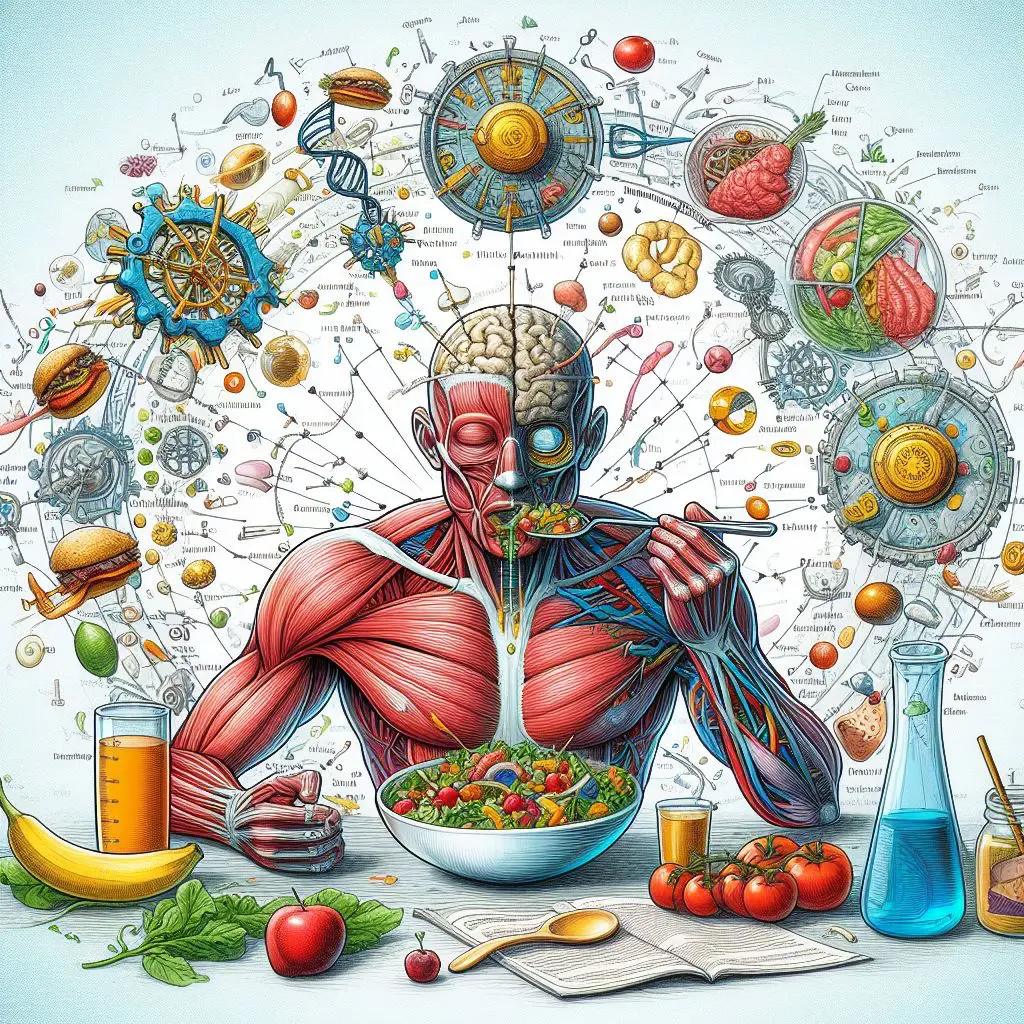| This information is based on Arnold Schwarzenegger’s Pump Club email, 2024-Feb-26. |
Optimal Meal Frequency for Metabolism
When it comes to nutrition, the concept of “boosting your metabolism” through frequent meals has been widely discussed. For years, there has been a push to consume smaller meals four to six times a day. However, recent research challenges this notion.
Debunking the Myth: Does Meal Frequency Impact Health?
Numerous studies, ranging from those with 2 to 3 meals a day to others with as many as 17 meals daily, were scrutinized by scientists. Surprisingly, the findings indicate that meal frequency does not significantly influence factors like fat loss, body composition, or blood sugar management.
In-depth Analysis: No Clear Improvements in Health Markers
The comprehensive review of 11 studies revealed that increased meal frequency did not lead to evident improvements in various health markers. Parameters such as blood lipids, fasting glucose, insulin levels, and body fat loss showed no consistent correlation with the frequency of meals.
Personalization is Key: Stress Less About Meal Timing
Contrary to the popular belief of stressing about meal frequency, what truly matters is your personal preference. How often you eat should align with factors like your hunger, cravings, and overall lifestyle. The critical aspects are the quantity of food, food choices, genetics, and behaviors influencing hunger.
Experiment to Find Your Balance
Whether opting for fewer, substantial meals or more frequent, smaller ones, the key is finding what works best for you. Success in terms of weight management and overall health depends more on understanding your body’s response to different meal patterns.
The Real Influencers: Food Choices and Quantity
In the pursuit of success, be it weight loss, gain, or overall health, the emphasis should shift towards the foods you consume and the quantity. Recognizing how your body responds to specific foods and meal sizes plays a more significant role in achieving your health and fitness goals.

